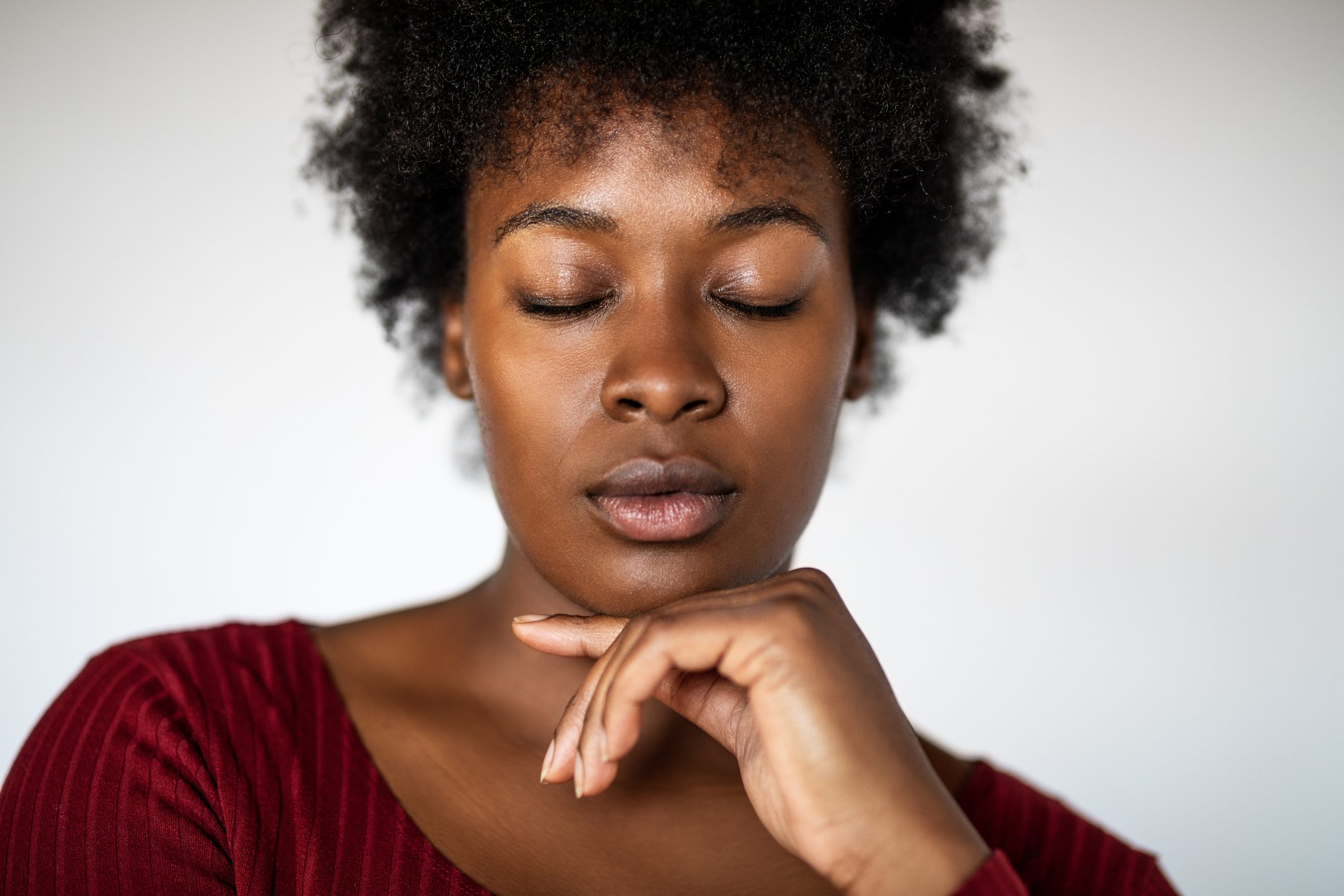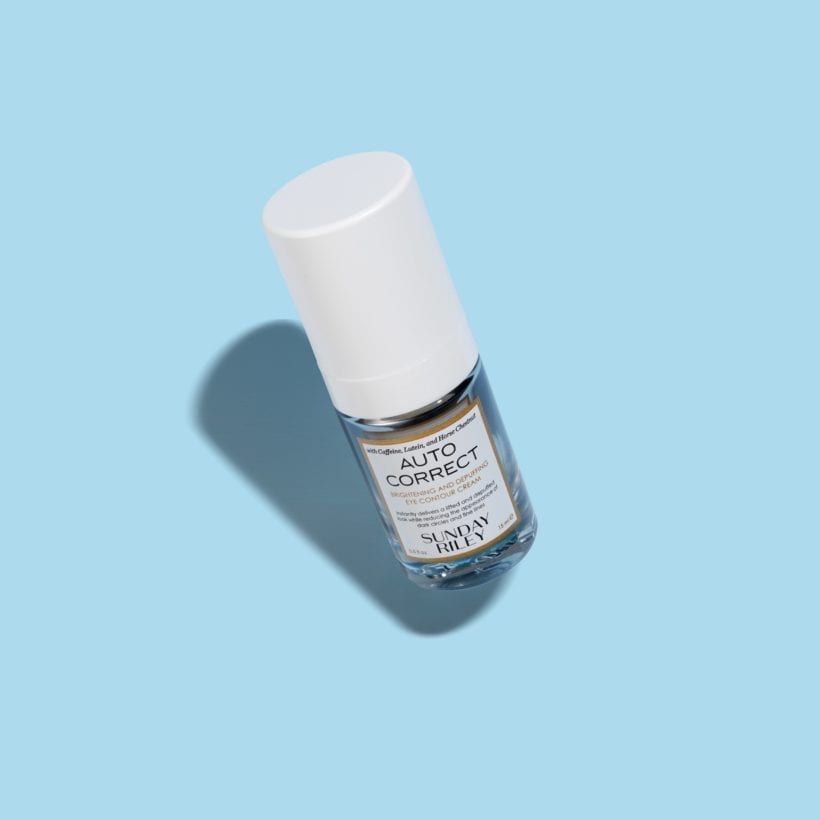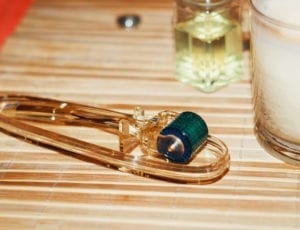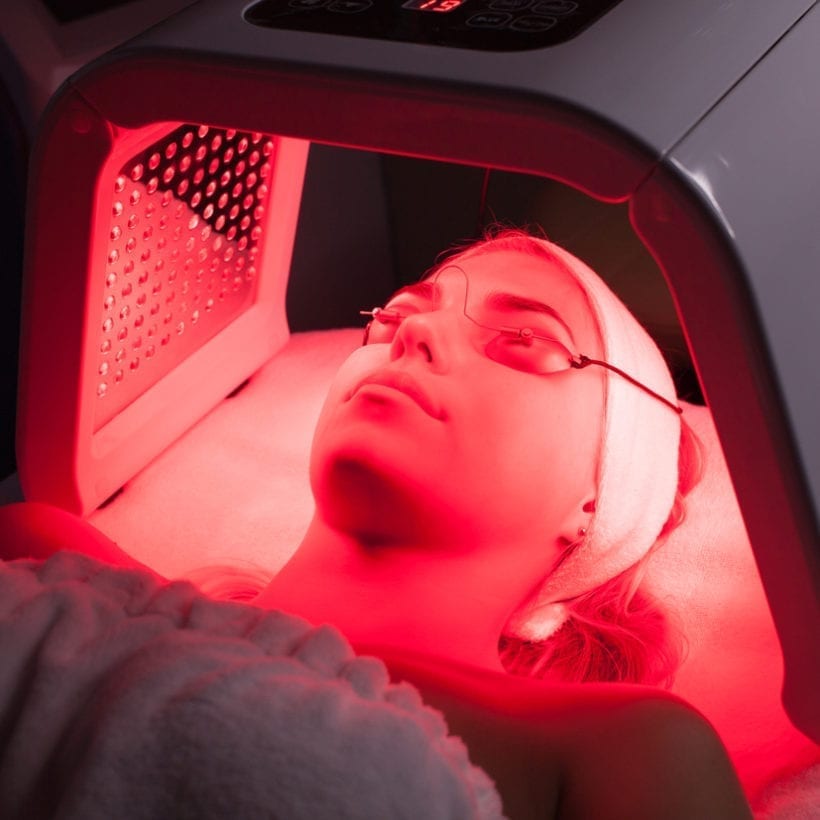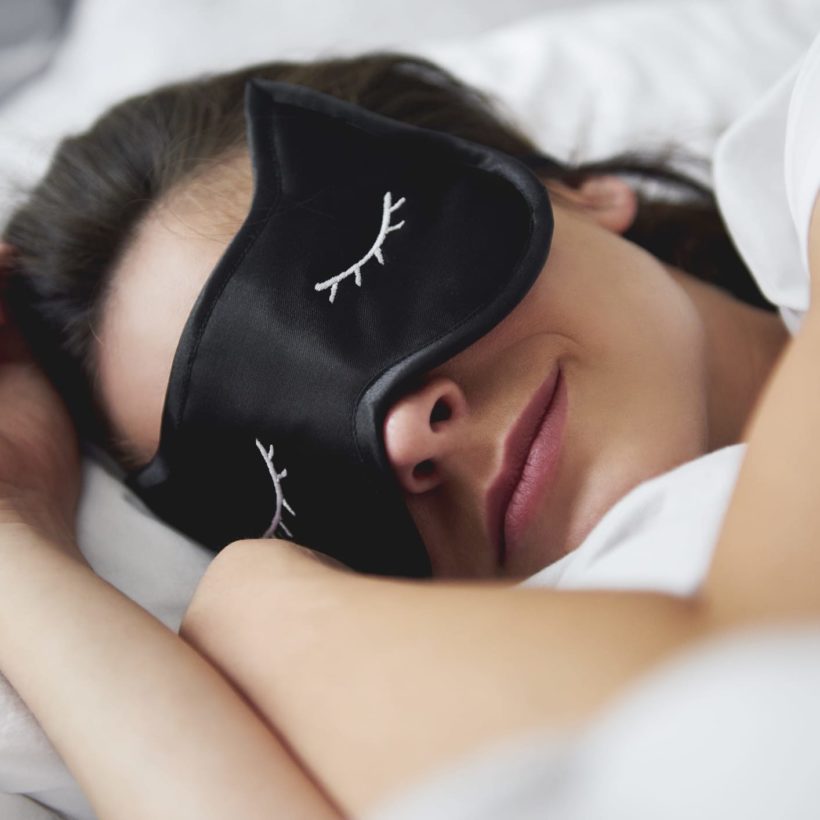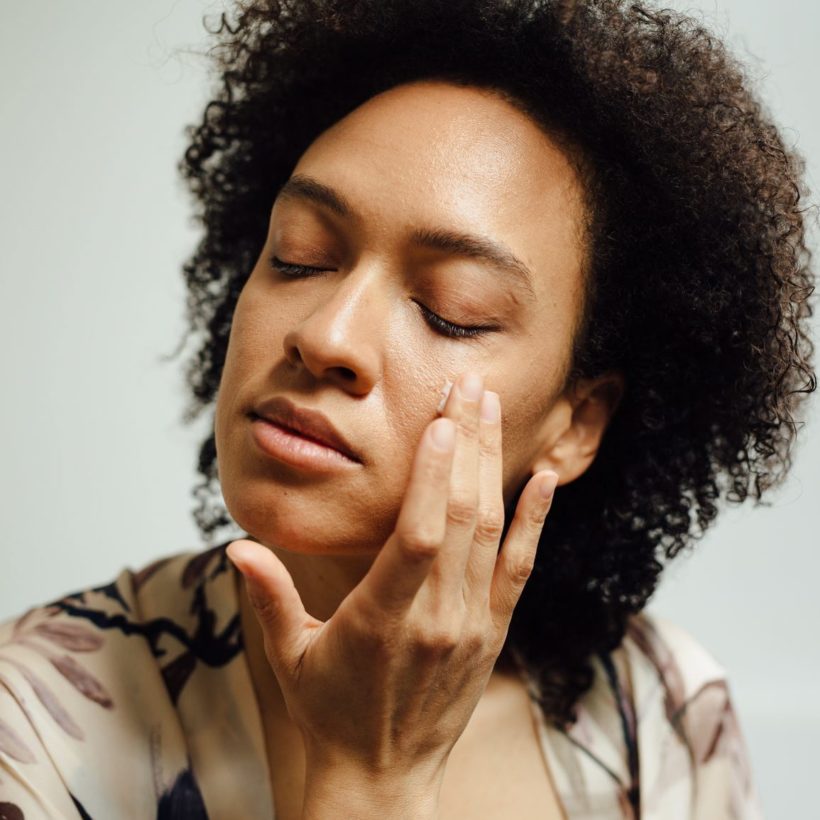They say that the eyes are the windows to the soul, so don’t you think we should give them extra TLC? You know that an eye serum can leave your delicate eye area nourished, hydrated, and refreshed, but it’s one of those products that can be easily misused. Our experts provide insight into the top eye serum mistakes that people commonly make — and how to correct them.
Meet the Experts
Sunday Riley , CEO, founder and product formulator
Dr. Michelle Henry , MD FAAD, board-certified dermatologist and founder of Skin & Aesthetic Surgery of Manhattan
You’re only using it on your under-eye.
While most people associate eye serums to be used on the undereye area, “they are tested to be used all around the eye,” says Sunday Riley, CEO, founder and product formulator. In addition to being used under your eyes, the new Sunday Riley 5 Stars Eye Serum can be massaged outward around the outer crow’s feet and between the brow bone and eyebrow to soothe, smooth, and nurture the entire eye area. Though eye creams and serums are formulated to be used near your eyes, make sure not to put the product too close to them. Keep about a half-inch away from the actual eye and avoid the inner corners and your eyelid.
‘If you look tired and you’re not sleeping, I would drive you towards Auto Correct — you’ll get 8 hours of sleep in one pump of this cream. That’s because you probably have dark circles under your eyes, and your skin might feel a little bit puffed and deflated, so it’s going to wake up the eye area with caffeine, horse chestnut, and Brazilian ginseng. The real gold is the light-reflecting particles – it’s not like there’s a sparkle at all – it just reflects light in a way that diffuses the look of dark circles. This is a little trick often used in makeup as well. I personally need less concealer – or none at all – when I use Auto Correct. Plus, I like to keep it in the refrigerator because the coldness helps with the puffiness,’ explains Sunday.
You’re not applying it in the right order.
Your skincare products’ general rule of thumb is to apply from thinnest to thickest consistency, so your eye cream usually goes after your regular face moisturizer. It’s best to check the directions on the packaging to see what the product formulator advises, as the 5 Stars Eye Serum can be used before or after your moisturizer. No matter the product, “first make sure to cleanse your skin,” so you’re starting with a clean base, says Dr. Michelle Henry, MD FAAD, board-certified dermatologist and founder of Skin & Aesthetic Surgery of Manhattan.
You think eye cream and eye serums are only for mature skin.
There are tons of reasons that can cause the skin around your eyes to look like they’re aging faster, including genetics, sun exposure, and not drinking enough water. Many people might only start to use eye products if they notice changes in the skin around their eyes, like fine lines or crow’s feet. “For the most part, we usually start to see those changes as early as your 20s and 30s,” says Henry.
What is realistic to expect from an eye cream? ‘That’s an amazing question because eye creams promise a lot. I think it depends on what type of eye cream you’re looking at — if you’re looking at an eye cream like Auto Correct, which promises to give a de-puffed look and work with the appearance of dark circles, with light-reflecting particles, caffeine and horse chestnut, it’s going to help you do that. Is it the same as sitting with ice on your eyes for an hour? No, but does it assist? Absolutely. Can you reapply it throughout the day? Absolutely. Is it my secret weapon? Absolutely! And when it comes to anti-aging, there are other eye serums that are all about smoothing out the appearance of lines and wrinkles. Here’s the deal — the eyes are a very high-movement area of the face, and you want to have signs of movement and expression there. The skin is quite thin as well, so it will show age. For me, it’s not about an eye cream stopping the movement. That’s not the goal. The goal is for the skin to be smooth and light-reflecting in between movements, to camouflage lines and wrinkles, and to support the collagen the skin already has. I wouldn’t be without an eye cream at all, but it’s just one part of an anti-aging strategy,’ explains Sunday.
You’re using too much of it.
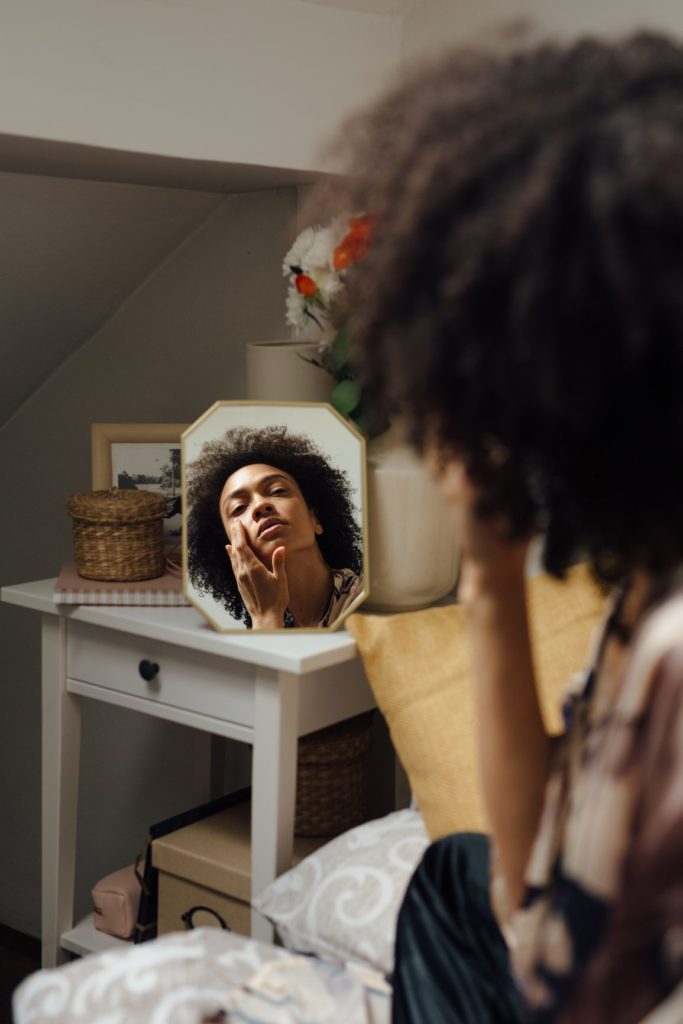
The good news about investing in an eye serum is that a little goes a long way. “You can start with a quarter of the size of a pea,” says Sunday. Start with less than you think you need, then rub it in — you could always add more if it’s not enough.
You’re applying it too abrasively.
Speaking of rubbing, you want to make sure you’re applying your eye product properly. The area around your eyes “is very thin and very sensitive, so you want to make sure that you’re not applying your products too aggressively,” Sunday says. There are different ways to apply an eye serum: An applicator tool has a cooling sensation (especially after you stick it in the fridge!) that can help boost circulation and depuff the area, or you can use your ring finger (it’ll use less pressure than your pointer). ‘Using the 5 stars’ ceramic wand, lightly tap a pearl-sized amount onto the eye area and massage outwards around the outer crow’s feet, under the eye, and between brow bone and eyebrow for better product absorption and circulation in this area. This method improves the cream’s efficacy and helps de-puff and refresh the under-eye area,’ explains Riley.
No matter the method, make sure it’s clean. ‘We tend to be overly cautious when it comes to using eye cream, tapping in the product with the lightest hand possible to avoid rubbing or pulling the sensitive area. But Riley says this might not be the best application technique. “If you have under-eye circles, really massaging your eyes will help circulation flow, and the more you massage, the more this will help,” she explains. “If you use your ring finger, it’ll provide the least pressure. Really tap it in and go all the way round your eye.” And yes, that even includes your eyelids.
You’re not using the right format.
“Formulation is important, and the type of product is important depending on what you’re using it for and your skin type. If your concerns are wrinkles and lines, you’re going to want to use an eye serum, as they are formulated with more of those powerful ingredients that give you results,” says Henry. The 5 Stars Eye Serum is powered by active ingredients like retinoids that diminish the look of wrinkles, niacinamide that helps with discoloration, and Asiatic acid, madecosside, and asiaticoside that support natural collagen production. Don’t be scared to use retinol eye creams, but only at night.
We only recommend products we have independently researched, tested, and loved. If you purchase a product found through our links, Sunday Edit may earn an affiliate commission.
